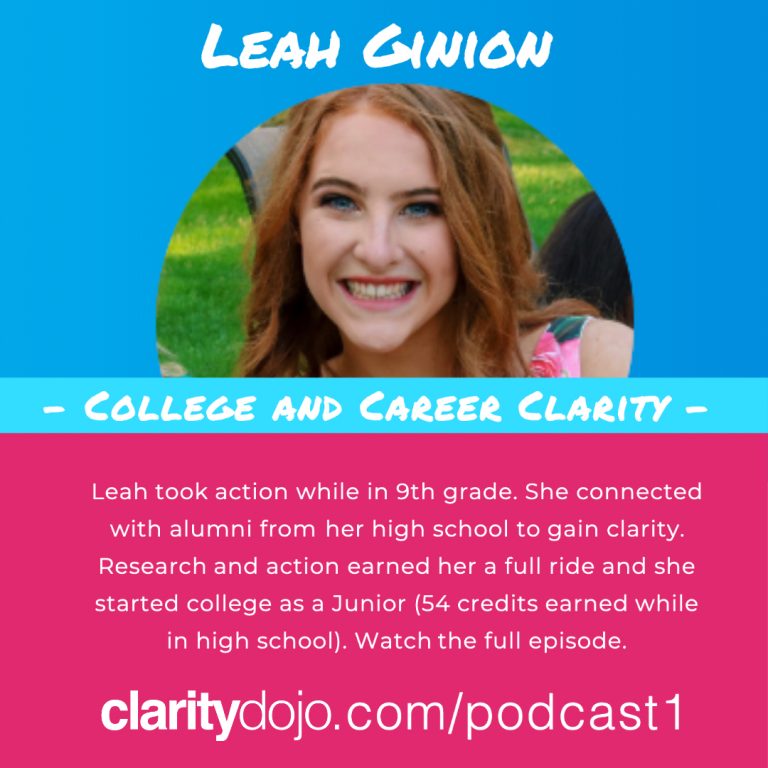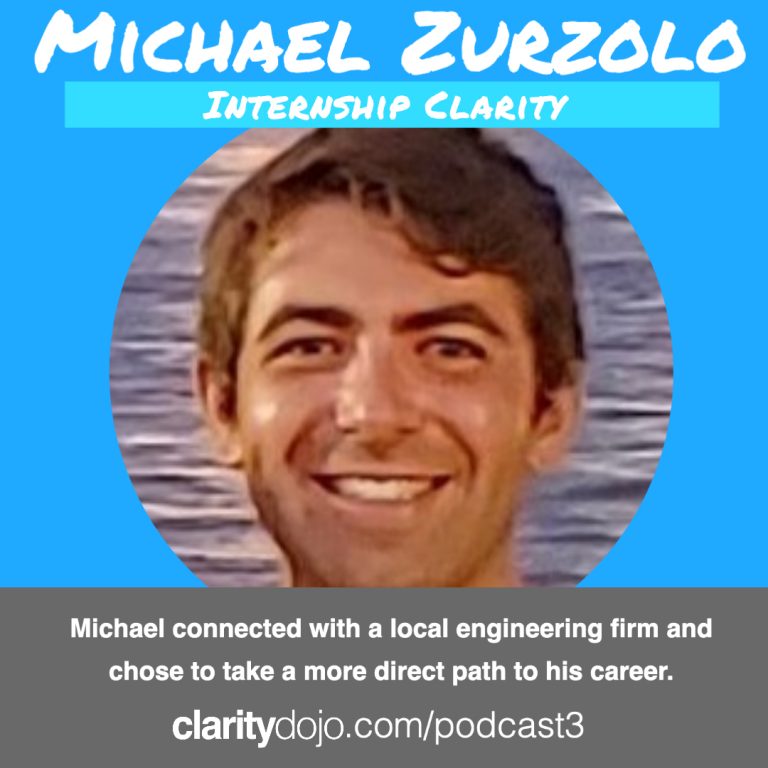Full Show
Highlight- Networking Tip
Podcast
Show Notes
Justin O’Donnell is a brilliant filmmaker and designer. He is also a former student of mine and has one of the strongest portfolios of video production work I’ve seen at the high school level. He describes his college experience, offers film school networking tips, and discusses his inspiration for a career transition in this episode.
Justin is inspired by cutting edge trends in design and culture, blending new and evolving techniques into a unique style. He recently graduated with a BFA in film at Montclair University and is considering a masters degree in urban planning.
What was the inspiration for the career transition:
Justin is inspired by different applications of design experience and always interested in applying new design techniques in independent design work. Film is more collaborative. In college he pushed for experimenting with writing and creating unique short films, films that have never been seen before. Freelancing and hustling for work shifted to a want for more stability. He is looking to apply passion for design and visual aesthetics in a meaningful way with an awareness of contemporary issues: social iniquity, affordable housing, transportation, marginalized groups, climate change.
How could you have figured that out sooner or any other way prior to choosing the degree?
Once in the college program, the rigorous time requirements and some scheduling issues compounded and his focus was on completion of the degree, not deciding to change direction.
Is there a shortcut to a lucrative stable path for a filmmaker?
75% of learning was on set, outside of class. Film school was great for above the line work. If you are interested in below the line work in you may not need to go to school.
“Typically, above-the-line refers to producers, directors, writers, cast (including name actors/movie stars, etc.), and stunt cast/personnel. So ‘Above the Line expenses’ would refer to all of those positions, expenses, and personnel. Below the line” then refers to everything and everybody and every expense that isn’t considered Above the Line.”
Filmbudgeters.com
Is public education preparing you for making a large college investment?
Not many students do career research prior to committing to college, why?
Fear of the unknown and feeling uncomfortable cold contacting professionals may be the stumbling block for connecting with mentors.
From a logical perspective, talking to people who do the job you are interested in would give some insight to help make career choices easier. From an emotional perspective, students might be curious and maybe excited to get started in an industry or degree path.
Film School Networking Tip: Pre-college interning or alternative to film school: connect with college students to work on their film sets. A lot of students get enough experience and start working on paid gigs.
Get experience right away, rather than thinking it’s going to magically happen later.
Mentor Interview Questions can be found in the Career Clarity free course. Ask people for 15 minutes. When they reply schedule a Skype call.
What do you recommend for training?
Learn by experience. Get on sets. Slang, jargon, vocabulary, tricks that are used in the industry. You’ll learn real world problem solving.
Networking is a big part of the industry. Always looking for the next job, talking about upcoming projects, meeting people on set is important. Talk to department heads, develop relationships, gaffers, key grips, directors of photography. They may know a unit production manager to get you your next job. There is a balance of getting the job done, and being friendly so that people will want to work with you, and call you for the next job. Networking leads to finding commercial work.
Filmmakers might not be prepared for sales and marketing numbers. In most sales and marketing jobs it takes making 60 calls a day to be successful! Working through being uncomfortable with that. Just doing it is a mindset.
Justin’s curation of new sources, reading news and finding information and current events lead to the discovery in https://www.curbed.com/urban-planning which influenced his interest in pursuing work in a new industry.
#coolcuration is work. You have to seek, pull the nuggets out of intelligent literature, websites, feeds. Lots of noise, find the signal and pull out the free training. Paid training- go to college once you know it’s the right thing. Investor mindset, if you pay what is the return. Don’t just consume. Start doing. Writing it down is the beginning of action and training.
Surround yourself with information that helps you grow and feeds your curiosity. Participate, learn how you learn best.
Talking through the tough stuff in life is where big learning takes place.
Read books, listen to podcasts, find things you are inspired by, but start doing.
Surround yourself with people who have the same drive. Network with people who are next level. Get everyone’s contact information.
Is there anything you would recommend me not to do?
Be mindful, it’s easy to get excited about a small detail and create high budgets of money, time and stress. Write and plan with what you have readily available.
Do you have any advice for getting internships and meaningful work even at the high school/ college level?
Summer programs local networks, NBC, CBS, WHYY. Work on your portfolio. Not just quality, but have diverse examples, show a variety of work showing the skills. Many internships available at media companies that do diverse production like digital signage, 3d installation art, web campaigns, web series.
What’s your experience with scholarships/ financing college tuition?
Easy to let college get in the way. You can still get scholarships while attending college!
*Dedicate time. It’s a mindset thing, and a commitment. Prioritize. Leah Ginion technique was devoting Saturdays. Research, write essays, make videos, apply, apply, apply. Be proactive. It may be easier in high school.
Best networking tip for college.
Go to special networking and career fair events, usually held every semester. Less of those opportunities in film, graphic design, arts. Film School Networking Tip: It’s more important to network and find work with people you already work with or friends of friends.
Best college success.
Working on large scale productions, the skillset experience management, organization, collaboration, coordination on a large scale production.
Worst college mistake.
Not enough networking.
Film School Networking Tip: Don’t stay inside the college bubble. Work to develop connections in different markets. Philadelphia vs LA vs NY vs Atlanta.
Leaving your social world to pursue the unknown. Developing family life vs career. What are the priorities?
Real estate tips: buy low, renovate while living in to raise the value. When you move on, rent or sell. College real estate tip: buy a duplex, live in one side rent free with the other side paying the mortgage. Fix it up to raise value and hold it as a rental after college or sell it.
How has the failure, or apparent failure set you up for later success? Do you have a favorite failure of yours?
Acquiring a challenging location led to a denial by the township, but scrambling, cold calling and networking with production team members and neighbors led to finding what they needed.
What would you say to someone who aspires to have a career in film?
Get on sets. Find people near your level of experience who are working and excited about it. Be prepared to learn and familiarize yourself with the culture. Start to learn the big picture and producers perspective with experience.
Devote time not only to craft, but also to working on yourself networking, internships, scholarships, finding mentors.
Be excited. Have a grip on what your values are. Have an idea of what you want to make, change, revise, reform, have an impact. Do the work. Find the work that makes you excited and driven.





